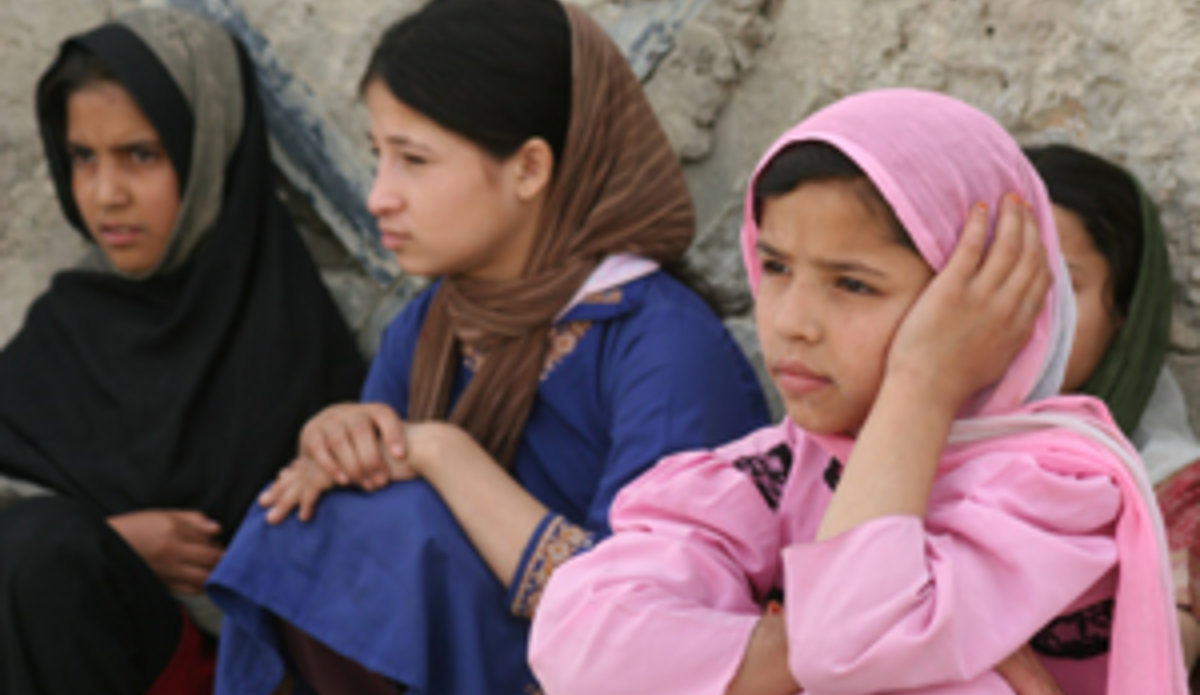Day 3 of the 16 Days of Activism against Gender Violence: Nazifa’s Story
KABUL - The 16 Days of Activism against Gender Violence is an international campaign that runs from 25 November, International Day of Elimination of Violence against Women, through 10 December, International Human Rights Day.
This year’s theme is “From Peace in the Home to Peace in the World” highlighting the key roles women play in the family and as peacemakers and peacekeepers in war zones. In Afghanistan, support for women’s issues is one of the five priorities of the United Nations agencies and programmes.
Today’s story is authored by UN WOMEN.
At 11 years-old, Nazifa’s step-brothers and step-mother in Faryab province exchanged her for $700 to a family involved in prostitution. The family arranged a wedding party to make it seem as though Nazifa had married their 11-year-old son. Instead, the new family forced the girl to have sexual relations with strangers. Living as a prisoner, Nazifa bore a son without knowing which man fathered the baby.
When she was referred to a shelter, the young girl was undergoing serious physiological and physical cal problems. She received immediate care and psychological counselling, and legal aid to regain custody of her son.
Nazifa began to study at the shelter. With time, she completed the sixth grade and regained her confidence.
After leaving the shelter, she officially divorced her “husband” and was on her way to work at an orphanage in the Central Highlands Region.
There are at least 14 shelters in the country. The Council of Ministers approved the country’s first-ever Regulation on Women’s Protection Centres on 5 September 2011. The regulation recognizes the critical service that shelters, both governmental and non-governmental, provide and sets standards for their operation.
By remaining independent, shelters are able to receive money from donors, including UN WOMEN, without going through the Government and do not have to divulge who is staying at the shelters.
The regulation was written with technical support from the UNAMA, UN WOMEN, UN Office on Drug and Crime (UNODC) and partners to abide by international standards.
Georgette Gagnon, director of human rights for the UN mission in Afghanistan (UNAMA), called the regulations “a victory for women’s rights in Afghanistan.”
Educated women and healthy families are the foundation of a peaceful and progressive Afghanistan.
 UN
UN







